“One thing I’ve learned from our discussion, is that for an African organisation to survive, they need to either cope with having nothing or with having too much.” – Representative from an African CSO
Over the last year Maliasili Initiatives and Well Grounded have worked together in trying to better understand key issues, challenges, and opportunities related to strengthening African civil society organisations working to improve natural resource governance. As part of this we carried out research, which included interviewing 75 leading African CSOs, international organisations, funders and organisational experts (more on this research very soon).
But for the first time last Monday, we were able to bring together some of our partners and clients – African CSOs themselves – and provide a space for them to share their organisational development stories and experiences, the good and the bad. While the contexts and issues where these organisations work in Cameroon, Tanzania and Central African Republic, vary significantly, they did identify some common ground around organisational matters. Here we provide highlights from this exchange, sharing six insights about what they believe make strong, successful, and resilient CSOs.
1. Vision, values and identity are at the core:
“If an organisation isn’t clear about its direction and its vision, it will collapse.”
“For me, an organisation that succeeds…is guided by values which over time develops its influence and is able to change things based on its values.”
2. Resilience and adaptability
“We went from one day having cars and money, to the next day we had nothing. But we said to ourselves, ‘no, we can carry on anyway’.” This organisation has successfully carried on by focusing on smaller, more tangible projects, returning to the initiatives that made them a strong and impactful organisation at their founding.
Another organisation has developed a creative approach that brings in core funding and also to keeps staff committed. They encourage their staff to take on outside consultancy work as long as they are transparent about their engagements, fair with their time and able to manage their existing workload.
3. Develop and nurture partnerships, but be cautious of them too
“Key for us has been partnerships, which have really contributed to our successes – it could be partnership with other CSOs who we work closely with, or it might be through partnerships with bigger organisations who we build up long term relationships with who have helped us do things we couldn’t have done without them, such as establish new funding relationships or strengthen our communications.”
“As an individual organisation, we can’t exist alone. We need to link with others – those that give us money, those that give us ideas, or those that give us expertise…But, sometimes your close partners that you’ve trusted, are actually claiming work that your organisation has done.”
4. Learn to say “no”
“Saying no, especially at the beginning, is very hard, but it’s something you learn as you grow.”
“You become a victim of your success in some ways because you do good work and it attracts high level donors that want to give you more money, but initially you don’t have the capacity to manage those kinds of grants for those types of donors.”
“It’s also the capacity to choose your partner, to say no.”
5. Being grounded and accountable to your constituents
“A large part of our success is due to the fact that the organisation is really grounded in the community, the field staff is from the villages where we work…Because of this, the organisation has a strong organisational identity and vision (and institutional memory).”
“Our members are the ones who make the decision about the direction of the organisation because they are the beneficiaries.”
6. A crisis can be an opportunity
A crisis tests an organisation’s strengths, its values and its purpose. Surviving a crisis can bring new life and direction to an organisation.
“When things go bad, it’s time to think about changing. We realised we weren’t achieving what we had hoped, and this led to the crisis period and we decided we needed to reinvent ourselves.”
Thank you to our partners and clients who participated in this peer-learning event and who shared stories and experiences from their organisations:
- Forêts et Développement Rural (FODER), Cameroon
- Ujamaa Community Resource Team (UCRT), Tanzania
- Pastoral Women’s Council (PWC), Tanzania
- Cameroon Gender and Environment Watch (CAMGEW), Cameroon
- Maison de l’Enfant et de la Femme Pygmées (MEFP), Central African Republic

